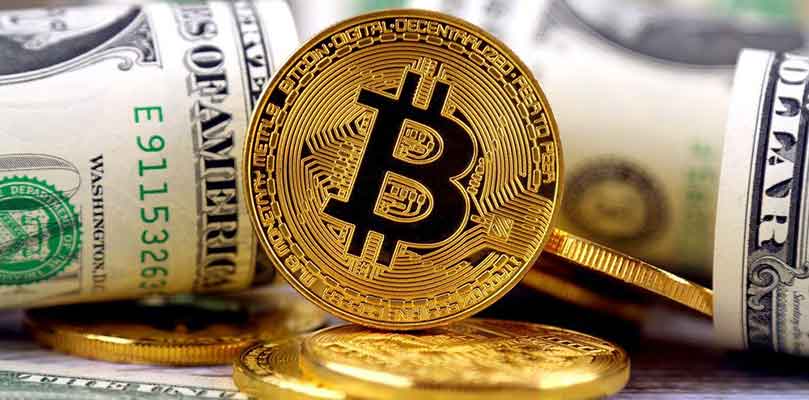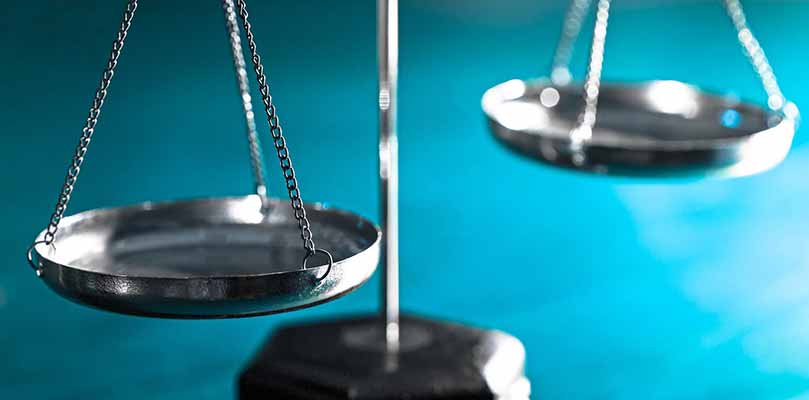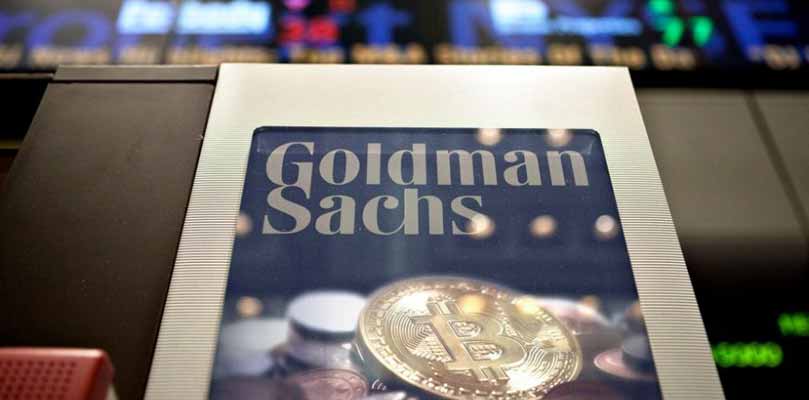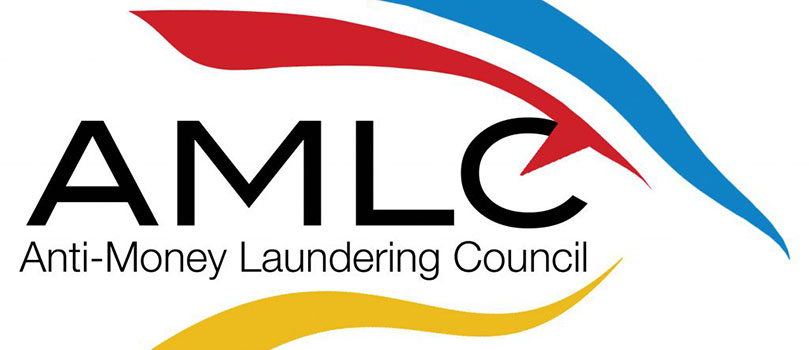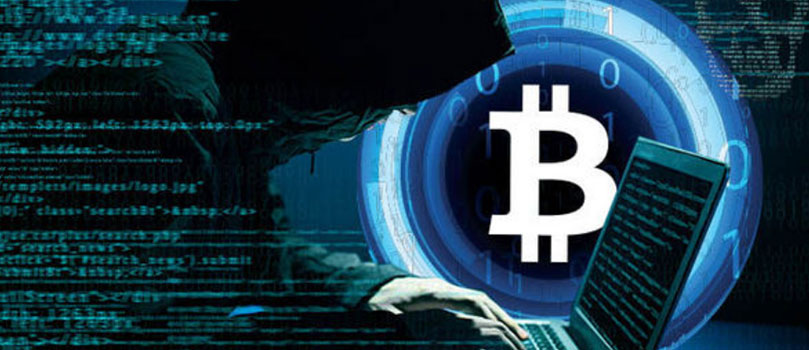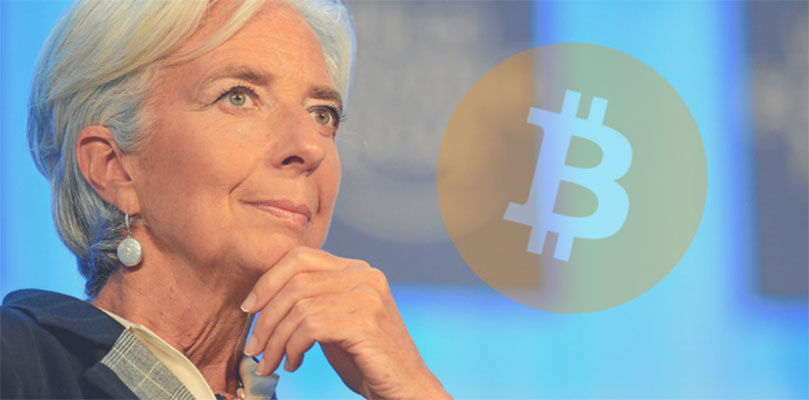While most of the world expected the bitcoin ETF to be the tipping point that would allow institutional money to come into the cryptocurrency market, it seems like the institutional investors have once again had their way despite the uncertainty that looms over the BTC ETF. In fact, according to recent OTC Trade Data, these institutional investors now dominate bitcoin markets with high volume trades. Yes, that is right – institutional investors are becoming more and more involved in the $220 billion cryptocurrency market than many people may realize and this is perhaps because they have been using back-doors for the purchases.
Many people believe that the next bitcoin bull run will be entirely driven by institutional investment which will be encouraged by the acceptance of a bitcoin ETF such as the those that are currently in the works at the United States Securities Exchange Commission.
The Current Situation
While some crypto market data analysts and providers estimate that the daily trading volumes of bitcoin are at around $4 billion, ShapeShift’s Coincap.io has revealed that the actual trading volume of bitcoin falls at around $2.7 billion. Coincap.io further revealed that, for most of the large-scale investment companies, institutions, and retail traders, the global crypto market has not reached enough liquidity to process the multi-billion-dollar trading orders. In other words, major digital asset trading platforms could liquidate large orders but it may have a large impact on the short-term price movement of cryptocurrencies.
Over the Counter (OTC) Trading
A number of high-net-worth individuals have been buying into cryptocurrencies and considering the amounts that they have been spending, it is safe to assume that these “individuals” are institutions or are at least part of them. As mentioned above, a peek into recent OTC trading data reveals a huge interest in bitcoin from these supposed institutional investors.
“Bloomberg reports that in April, daily OTC trades varied anywhere between $250 million and $30 billion, while exchanges only handled about $15 billion daily in that time by contrast. Corroborating this, Circle Financial CEO Jeremy Allaire confirmed that his company is seeing a triple-digit increase in OTC volumes. By contrast, according to data from CryptoCompare, exchange trade volumes are down 80 percent from their peaks at the same time as the increasing popularity of OTC,” reads Cryptoglobe’s comment on the issue.
This over-the-counter crypto market has facilitated between $250 million an $30 billion in digital currency trades per day in April, according to researchers. But, why is this happening?
Well, as it turns out, large digital currency traders like private sales simply because exchanges can move coin prices. Private sales are more appealing since the trading parties can fix the price in advance instead of having to worry about the fluctuations that are rife in the crypto market. Also, exchanges sometimes limit the number of coins that can be traded and this is certainly not ideal for large traders.
